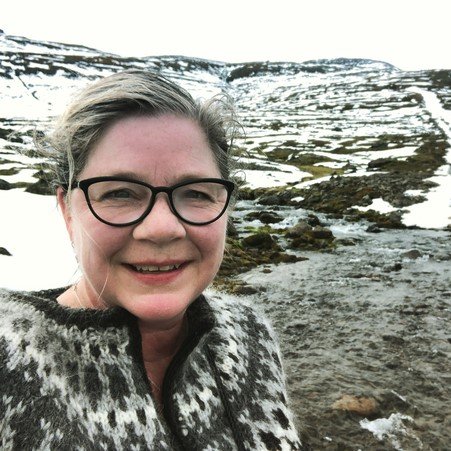Hér má nálgast námskeiðslýsingar allra námskeiðanna sem í boði eru. Einnig má sjá skipulag námsins í sameiginlegri kennsluáætlun Sjávarbyggðafræði og Haf- og strandsvæðastjórnunar.
Námskeiðin uppfylla kröfur ýmissa stéttarfélaga um námsstyrki. Vor- og sumarannir eru tilvaldar fyrir háskólanemendur sem vilja stytta námstímann í reglubundnu námi.
Fyrirspurnir sendist á kennslustjóra Háskólaseturs.
Environmental History
- Autumn 2023
- Næsta námskeið: 16. október - 27. október 2023
- CMM/CRD Elective Course | 4 ECTS
- Námskeið:CMM13
- Kennari: Dr. Laura Alice Watt
Um námskeiðið
An essential element of any resource management issue or community development question is understanding how and why the circumstances developed into their present-day condition. The class will take a historical approach to investigating people's complex relationships with their environments, as a way of better understanding coastal places, communities, and how they interrelate -- hopefully helping you to untangle resource controversies or work with communities to be creative in their future ambitions.
Kennari
Laura is a Professor Emeritus of Environmental History and Policy at Sonoma State University, in Northern California. She came to the University Centre initially on a Fulbright-NSF Arctic Scholar grant to conduct historical research in Iceland. Her project documented the environmental history of a remote corner of Iceland’s Westfjords, specifically the Árneshreppur municipality and surrounding region of the Strandir coast. At Sonoma State, she taught a number of courses in the Department of Geography, Environment, and Planning and was a Graduate Coordinator for the Cultural Resource Management masters program.

Kennsluskrá
This course will focus on interactions between humans and their natural environments, with emphasis on culture as the primary lens through which nature is perceived and understood. How has the environment shaped the course of human history, and how have human actions and attitudes shaped the environment? And how does studying past environments help understand present-day challenges? All too often, historians study the human past without considering nature; similarly, all too often, scientists study nature without considering human history. The value of integrating these different perspectives is explored. The goal of the course is to strengthen the participants’ ability to think critically and conceptually while broadening their knowledge of human/environment relationships, and perhaps putting some of the environmental issues learned elsewhere in historic context. Such analysis requires engagement with the complexities, ambiguities, and uncertainties of how people(s) have understood, used, and reacted to their environments. Specific framework for analyzing these dynamics will be discussed, including landscape theory, concepts of ownership and commons management, as well as values and ethics.
At the end of the course, a student:
- has learned to think historically about contemporary environmental issues
- can identify and articulate several primary academic approaches used to understand the historical dimensions of human/environment relationships
- is able to foster interdisciplinary discussion of the contributions and challenges of applying environmental history perspectives to the study of coastal systems
- can utilize an analytical reading strategy to extract important elements from course readings